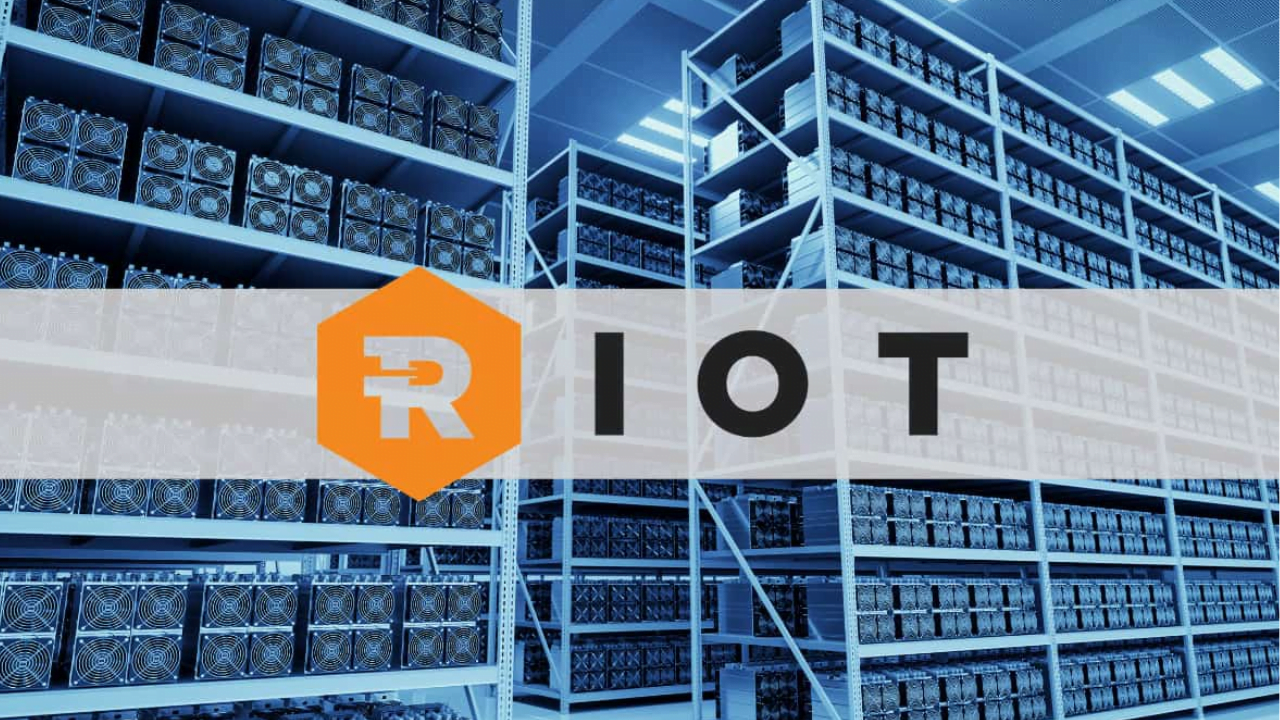Poland’s economy has had a great start to the year, but as the conflict in neighbouring Ukraine enters its second month, fears are growing that may harm its growth on numerous fronts.
Since Russia invaded Ukraine on February 24, triggering a slew of harsh international sanctions, Eastern European economies, in particular, have been endangered by the expected blow to exports, supply chain disruptions, and rising inflation.
Poland has the sixth-largest nominal GDP in Europe (not adjusted for inflation) and is a major manufacturer of machinery, automobiles, electronics, and a variety of minerals such as coal, copper, zinc, and rock salt.
The country’s economic performance in February was strong, even though it does not reflect the full impact of the fighting. After a 4.2 per cent monthly increase in January, industrial output in the country increased by 17.6% year on year and 2.1 per cent month on month seasonally adjusted terms in February. Production is presently 24% higher than at the end of 2019.
Last week, Liam Peach, an emerging markets economist at Capital Economics, remarked that the country’s export-oriented industries are performing well, with manufacturing, electricity, and gas output also improving.
On the other hand, Peach claimed the Ukraine conflict was imposing a “dark cloud” over the country.
“Poland’s economy continued to grow briskly at the start of this year,” he added, “but the crisis in Ukraine is expected to stymie the rebound by reducing exports, disrupting supply chains, and rising inflation.”
“Poland’s products exports to Russia account for roughly 3% of GDP (which will largely be lost), while imports from Russia (mainly raw materials) will be badly interrupted, affecting Polish industry.”
As the crisis in Ukraine shows no signs of ending, Capital Economics has lowered its GDP growth prediction for Poland from 4.5 per cent to 3.5 per cent for 2022, which is lower than economists’ expectations.
Inflation is one of the looming clouds on Poland’s horizon. Even before the conflict, Poland, like most of Europe and beyond, was dealing with steadily rising prices.
In January, the government temporarily reduced the value-added tax on gas, food, and fuel in an effort to rein in rising consumer costs. As a result, headline inflation plummeted to 8.5 per cent in February from 9.4 per cent in January.
However, recent geopolitical instability and commodity market volatility have even muddied inflation estimates. JPMorgan warned in a note last week that it should take forecasts with a grain of salt because high underlying inflation pressures are projected to prevail in Poland over the next few months.








